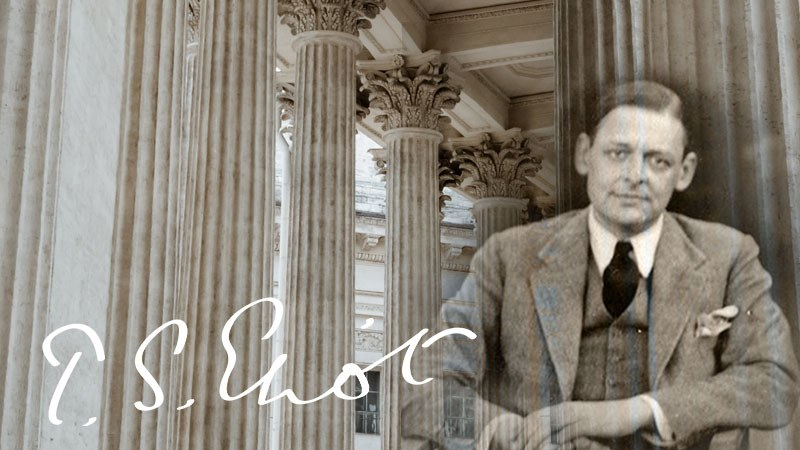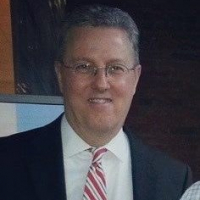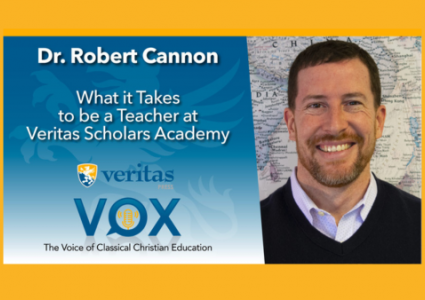Education and Culture (and Politics)

In his Choruses from the Rock, the great 20th century poet, T.S. Eliot asked:
Where is the Life we have lost in living?
Where is the wisdom we have lost in knowledge?
Where is the knowledge we have lost in information?
The poem was Eliot’s more mature reflection on the themes he’d taken up in his other more renowned works, The Wasteland, The Hollow Men, and Ash Wednesday, written more than a decade earlier. With their obscure literary allusions, shifting lectors and auctors, and complex classical tropes, the earlier poems were critiques of the Modernist Moral Revolution which threatened, he believed, the very foundations of Western Civilization: the basis for the rule of law, and the hope of freedom, prosperity, and progress. Eliot despaired for future generations, as they would have to grapple with the smothering conformity demanded by a shallow, post-Christian, culture. A host of others from the post-world war generation shared his alarm. And so, they unanimously called for the renewal of substantive education, as perhaps the greatest hope for the renewal of society itself—engaging the full political and economic resources of modern society.
But, Eliot asserted that it was not quite as simple as that. “The purpose of education,” he said, “is to transmit culture.” But, “Schools can transmit only a part of culture, and they can only transmit this part effectively, if outside influences, of work and play, of media and entertainment and sport, and most especially of family, are in harmony with them.”
Indeed, he said, “Questions of education are frequently discussed as if they bore no relation to the social system in which and for which the education is carried on. Education is a subject which cannot be discussed in a void: our questions raise other questions, social, economic, financial, political. To know what we want in education, we must know what we want in general, we must derive our theory of education from our philosophy of life. The problem turns out to be a religious problem.”
In other words, when it comes right down to it, education is not simply a transfer of information and skills. It is not something that politics or economics or didactic methodologies can undertake. It is at heart, a process of discipleship, of one kind or another; it is a worldview project; it is a community project; it is a family project.
In our very practical modern world, we like to think that we can separate private from public concerns, character from performance, worldview from responsibility. But such a notion carries a fearful implication. It really means that it does not matter what anyone of us believes so long as we do not take our beliefs seriously. But throughout history, wise men and women have understood that far from being an irrelevant, superfluous, and private affair, our inmost faith is the utmost aspect of our outmost lives. Ideas really do have consequences—and yes, worldviews really, really, really do matter. More than politics. More than economics.
Culture is simply a worldview made evident. It is basic beliefs worked out into habits of life. It is theology translated into sociology. Culture is a very practical expression of the common faith of a community or a people or a nation. Culture is, as Henry Van Til famously quipped, “religion externalized.” What a person thinks, what he believes, what shapes his ultimate concerns, and what he holds to be true in his heart—in short, his faith or lack of it—has a direct effect on his material well-being, behavior, and outlook; on his sense of what is good, true, and beautiful; on his priorities, values, and principles. After all, “As a man thinks in his heart, so is he.” What is true for one person is equally true for a whole community of persons.
So, if T.S. Eliot is right, that “The purpose of education is to transmit culture,” then the purpose of education is to transmit faith. And, if he is right that a dysfunctional society can only transmit a dysfunctional education—it becomes vital for us to raise up a counter-to-the-prevailing-culture. As he argued, “It is a part of the function of education to help us to escape, not from our own time—for we are bound by that—but from the intellectual and emotional limitations of our time.”
G.K. Chesterton once quipped that, “The great intellectual tradition that comes down to us from the past was never interrupted or lost through such trifles as the sack of Rome, the triumph of Attila, or all the barbarian invasions of the Dark Ages. It was lost after the introduction of printing, the discovery of America, the coming of the marvels of technology, the establishment of universal education, and all the enlightenment of the modern world. It was there, if anywhere, that there was lost or impatiently snapped the long thin delicate thread that had descended from distant antiquity; the thread of that unusual human hobby: the habit of thinking.”
T.S. Eliot continued his Choruses from the Rock, with a powerful plaint:
In the vacant places, we will build with new bricks
Where the bricks are fallen, we will build with new stone
Where the beams are rotten, we will build with new timbers
Where the word is unspoken, we will build with new speech
There is work together, a Church for all
And a job for each, every man to his work
May it be that we are so transformed by the counter-culture of grace, by the covenantal worldview of Biblical hope that we won’t be able to help it—we will simply have to take up the task of rebuilding, to make a difference in a world adrift on a sea of mediocrity and bombast, to change hearts and minds and lives and communities, to think, to lead, to serve, to change this nation, this world at risk.
Dr. George Grant is the Pastor of Parish Presbyterian Church, Director of the King’s Meadow Study Center, Founder of both Franklin Classical School and Bannockburn College, and Coordinator of the Chalmers Fund. He is a longtime friend and mentor to the Classical Christian Education movement and has authored dozens of books in the areas of history, biography, politics, literature, and social criticism as well as hundreds of essays, articles, and columns. He is a regular contributor to World Radio. And his work on behalf of the homeless, for international relief and development, for racial reconciliation, and for the sanctity of life has been profiled in such varied media outlets as the Wall Street Journal, the Washington Post, Focus on the Family, The 700 Club, the Coral Ridge Hour, Point of View, Crossfire, World Magazine, and Christianity Today.
In addition to his pastoral responsibilities and regular classes in literature, history, theology and the arts, George maintains an active writing and speaking schedule at home and around the world. He has academic degrees in Political Science at the University of Houston (B.A.), Philosophy at Whitefield Theological Seminary (M.A., D. Litt, PhD.), Humanities at Belhaven College (D. Hum.), and Theology at Knox Theological Seminary (D. Min. Cand.). He makes his home on the east side of Franklin with his wife Karen (and their dogs, books, and gardens). They have three grown children and six grandchildren. To hear Pastor George’s sermons, podcasts, and radio broadcasts, or to learn more about his books, online classes, blogs, and videos, go to georgegrant.net.







